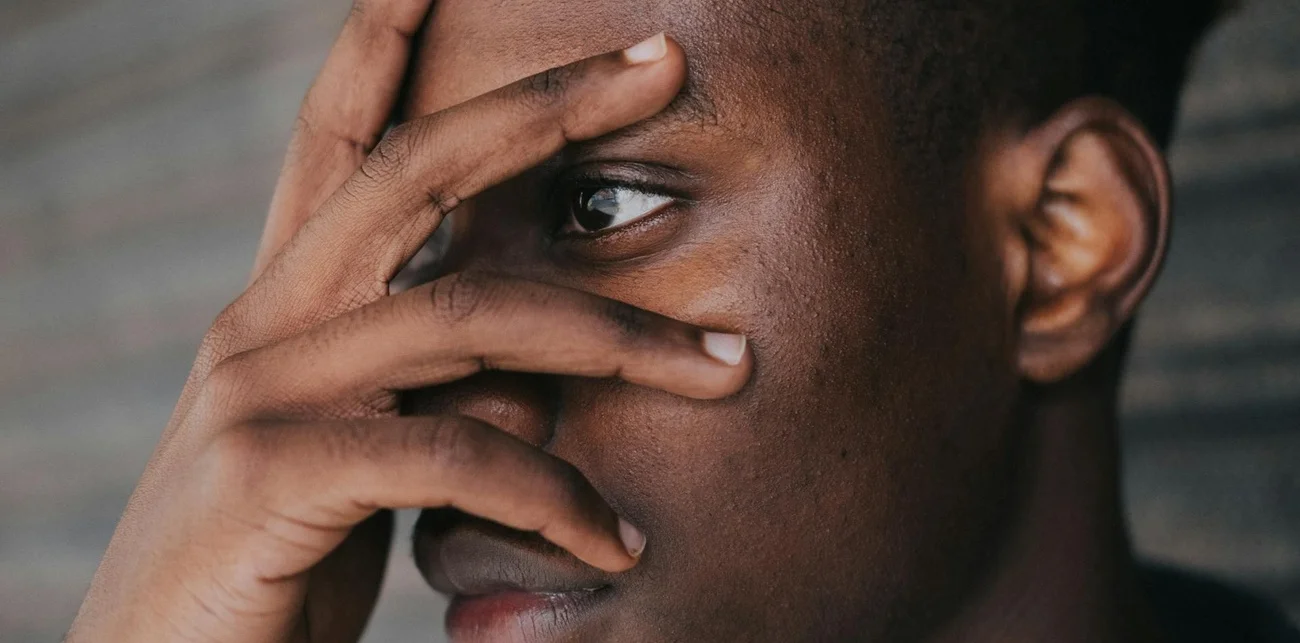
Serena Grobler
Serena Grobler offers opioid counselling that tackles more than physical dependence and empowers lasting recovery while teaching coping skills for life.
Serena is a Awareness Executive at Changes.
She is an expert on all things digital and is the organisation’s in-house marketing guru. Serena brings 12 years of digital marketing experience to Changes. She has revamped the website and implemented a successful marketing strategy, increasing the public profile of the organisation. She loves the fact that she is using her skills in the recovery environment and that she plays a part in helping people start their recovery journeys.
Serena believes in contributing to the de-stigmatisation of substance use disorder so that more people understand that addiction is a brain disease and not a moral choice. She is a social media expert and has assisted Changes to improve their public profile on all of their platforms. Serena is a skilled digital designer and website developer who has transformed the look and impact of Changes’ content.
I love being part of the team and the conversation that Changes the stigma around addiction and mental health treatment. Making that difference is what can change a person’s mind and to ask for help when they need it.
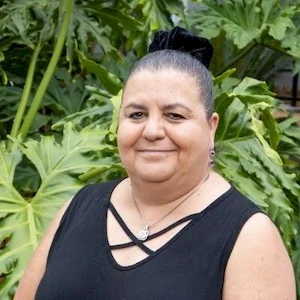
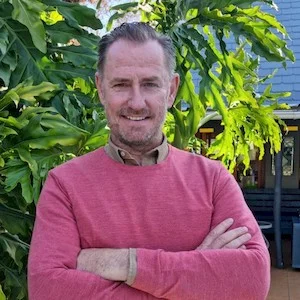
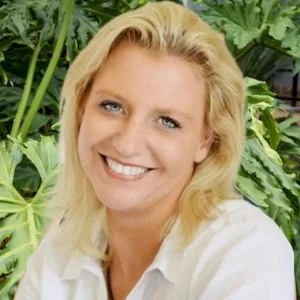
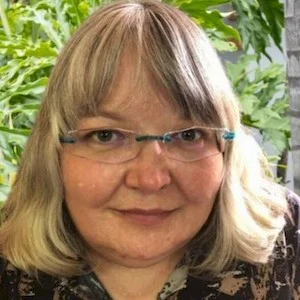
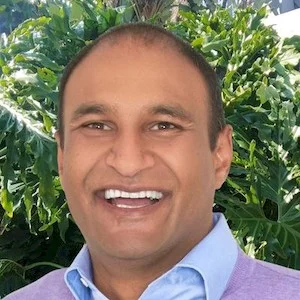
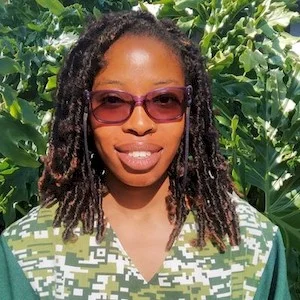
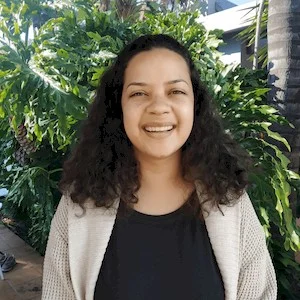
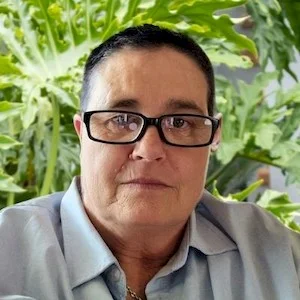
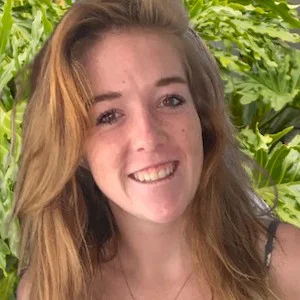
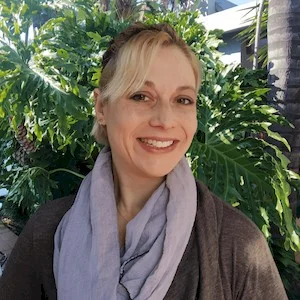
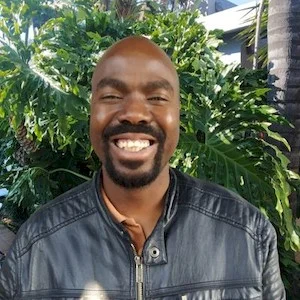
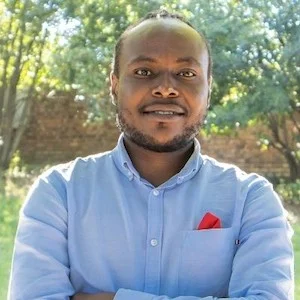
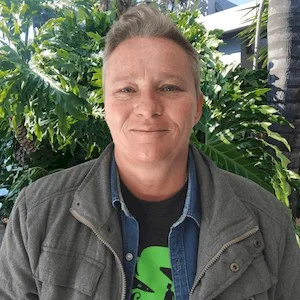
Ingrid Ter Horst
Recovery Assistant
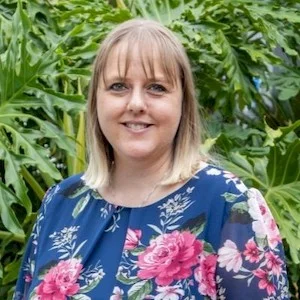
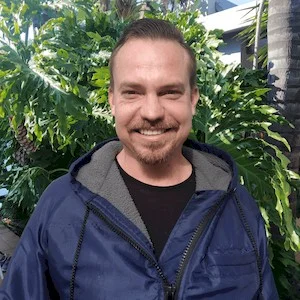
Bruce Hesom
Intake Coordinator
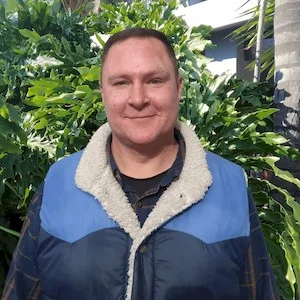
JP Le Roux
Recovery Assistant
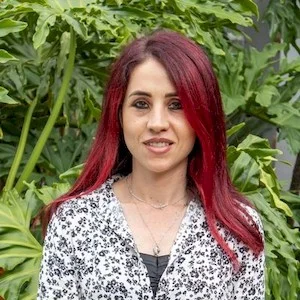
Tanya Figueiredo
Office Manager

